Being Othered: Not A Local, Not A Foreigner
The Untold Story of The Third Culture Kid
March 29, 2022
“Where are you from?” It’s a simple question, but there are some people who hesitate to answer. These individuals might be what’s known as “third culture kids”. They belong to everywhere but nowhere. A third culture kid is someone who has spent a significant part of his or her developmental years outside their parents’ culture. This concept was introduced by the American sociologist Ruth Hill Useem, based on her kids’ own experiences. Simply put, TCKs (Third Culture Kids) have lived in more than one country for a significant period as they grew up.
According to a 2010 study from the Journal of Personality and Social Psychology, the more frequently a child moves, the more likely they are to report feelings of unhappiness and dissatisfaction. Moving from one country to another makes kids feel as if they’re rootless.
Our society has a tendency to label and sort people into categories. If you can’t be a part of a group or in the majority, chances are you’re immediately ostracized. This separation can make people feel left out, furthering the gap between individuals–the world rejects outliers for simply being who they are. Ethnic Koreans that identify as a different culture or nationality already have problems connecting to the local people here, so the ostracism has further detrimental effects on TCKs.
Everyone wants to be a part of a group, so we choose to stay even when we notice that the way we’re treated isn’t right. Country and culture are the biggest groups we can be a part of, and being left out from a massive group of people that you may identify with ethnically but not exactly culturally has a significant impact on your happiness.
I was born in America, having lived there for almost 6 years, but I also lived in Korea for 11 years, back and forth. Even though I’ve lived in Korea longer, I was always “an American” or “a foreigner” right here in Korea–I was treated as neither American nor Korean.
When I attended a Korean elementary school, I was bullied because of my nationality and bad Korean language ability. It was always them vs. me–they alienated me from all the other kids. The reason was always because I’m not Korean; and of course, my nationality can’t change, no matter what I did to try and resolve that. I had to deal with loneliness because I wasn’t like the others; it was a facet of myself I had no control over.
When I bring up my cheerless experiences as a rootless child, others tell me that I’m being ungrateful; that I don’t appreciate the privilege of having lived in multiple countries. This led me to think that I was an alien of some kind and that I shouldn’t live in Korea. Some kids even told me to “go back to my country” (the United States). And of course, I know there are perks to being a TCK, such as speaking multiple languages or having a broader view of the world in general. But in my case, it wasn’t entirely delightful.
I tried really hard to fit in, to run away from the exclusion I faced. But no matter how much I tried, I couldn’t change my identity. Rather, my denial of being a TCK just made me question who I was. The irony is, growing up, multiple feelings arose– desperate to belong to society but also trying to stay away from it– that’s when my identity crisis hit hard.
Although I went through a dark existential crisis, some people have a brighter experience. Hearing from Bella, a senior from Hungary who came to Korea 2 years ago, I saw another perspective. When she is with her friends, she doesn’t feel like an outsider. Even with cultural differences and stares from strangers, her friends make her feel included.
With the world changing rapidly, anyone can go anywhere at any time. People move around the world with ease. It’s becoming harder and harder to group people based on their culture–instead, cultures mix together and create new ones. It’s time to recognize increasing diversity across the world, and stop expecting everyone to be the product of a single country. Society rarely acknowledges the negatives that come with being a TCK, and the stereotypes that come with it are damaging–regardless of whether they’re “good” or “bad” characteristics.
Being a third culture kid isn’t something you should be ashamed of or something to hide, the way I did as a young girl. Concealing my identity from others had backfired on me, to the point where even I couldn’t accept my own identity. We can’t expect the world to change in the blink of an eye–but as a group, we have the power to change it for the better.


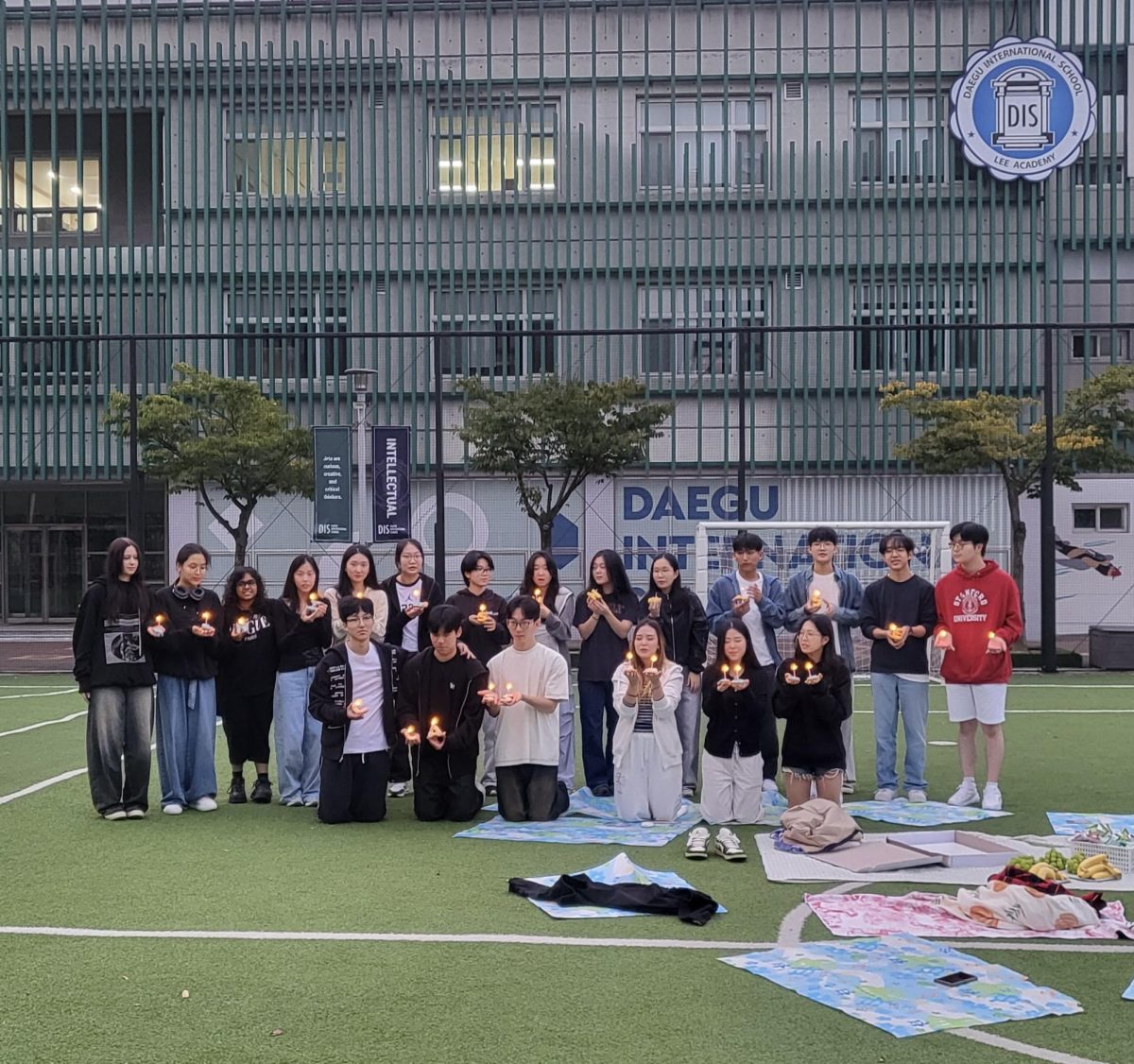




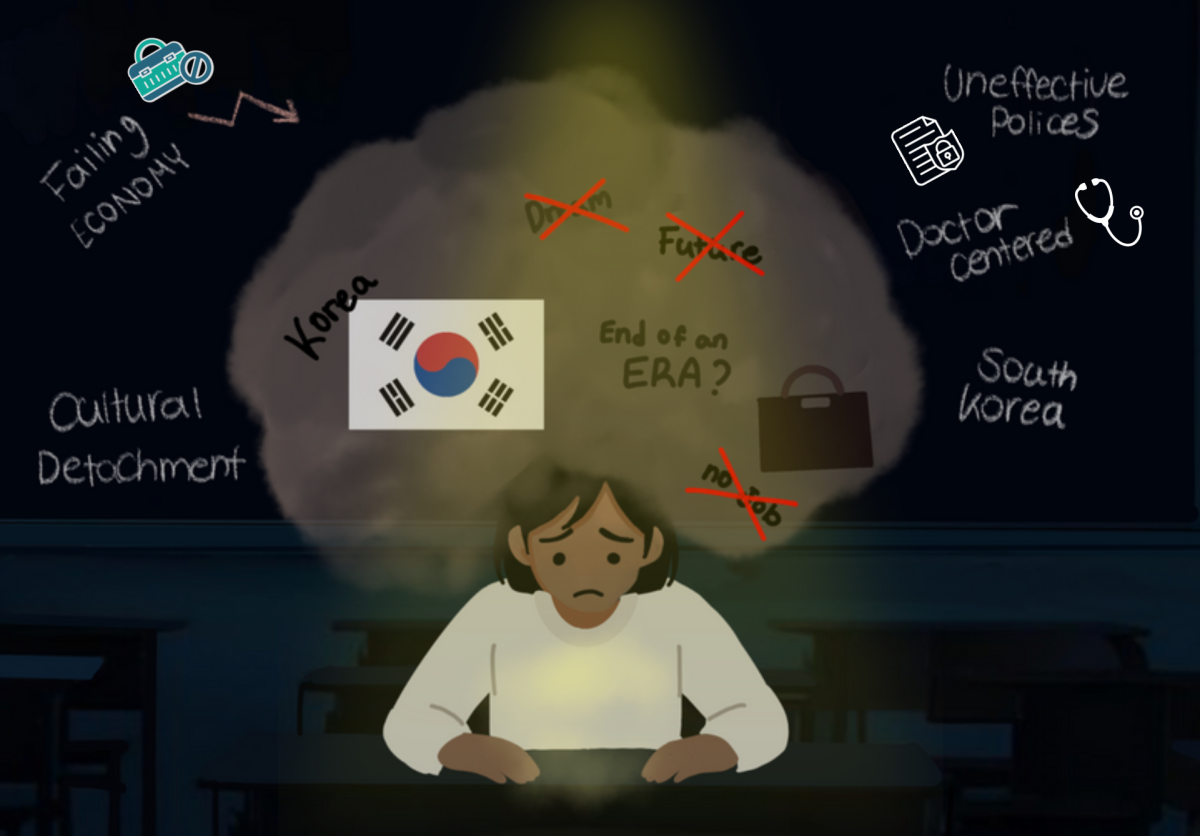





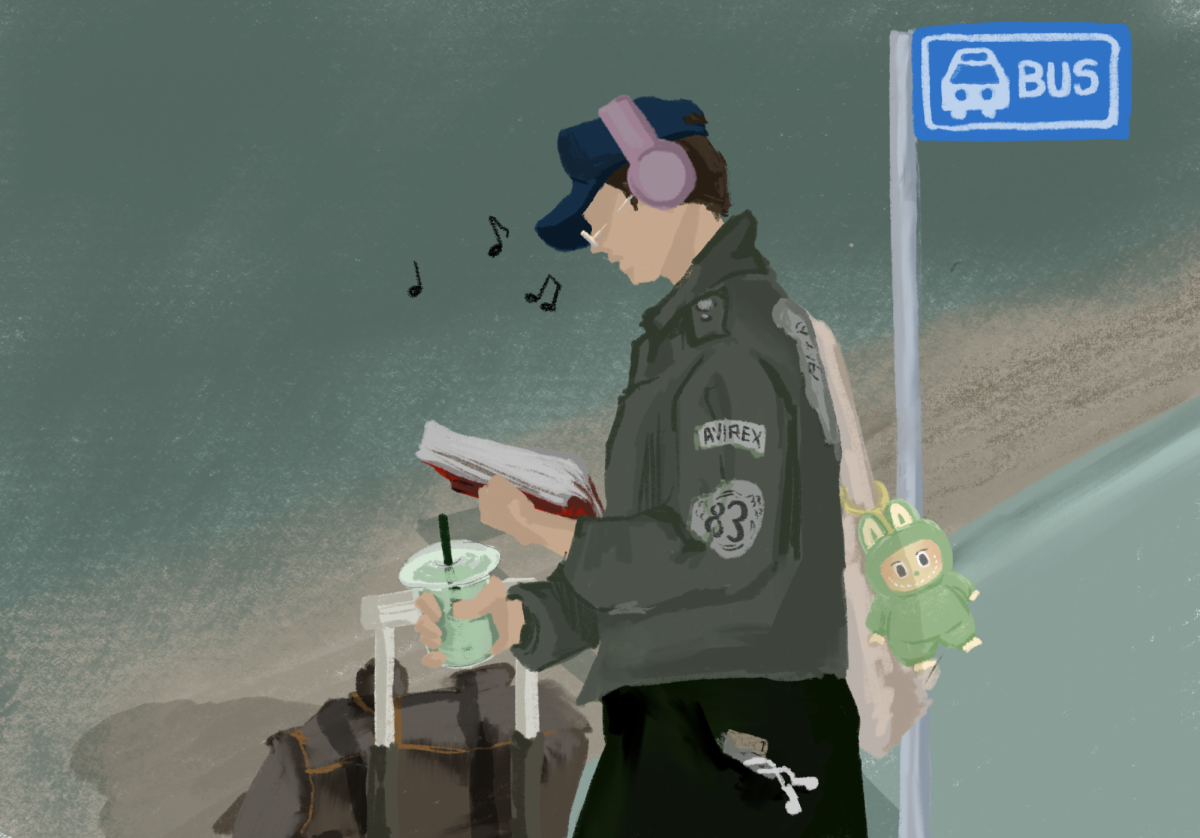

















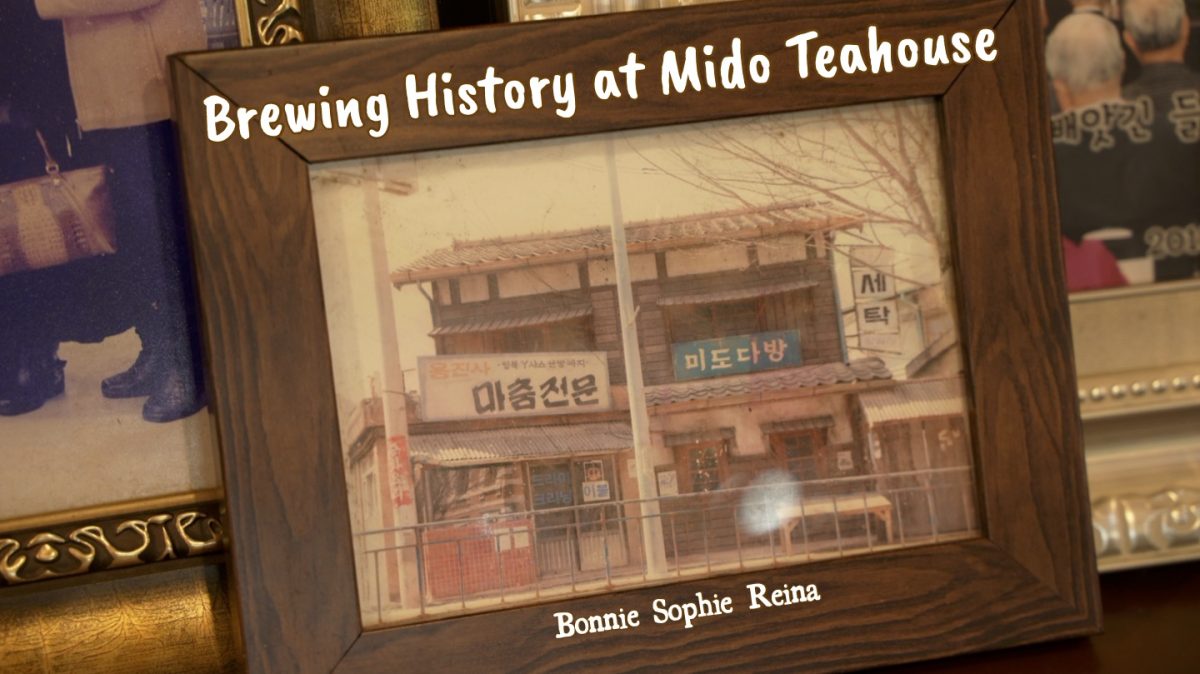
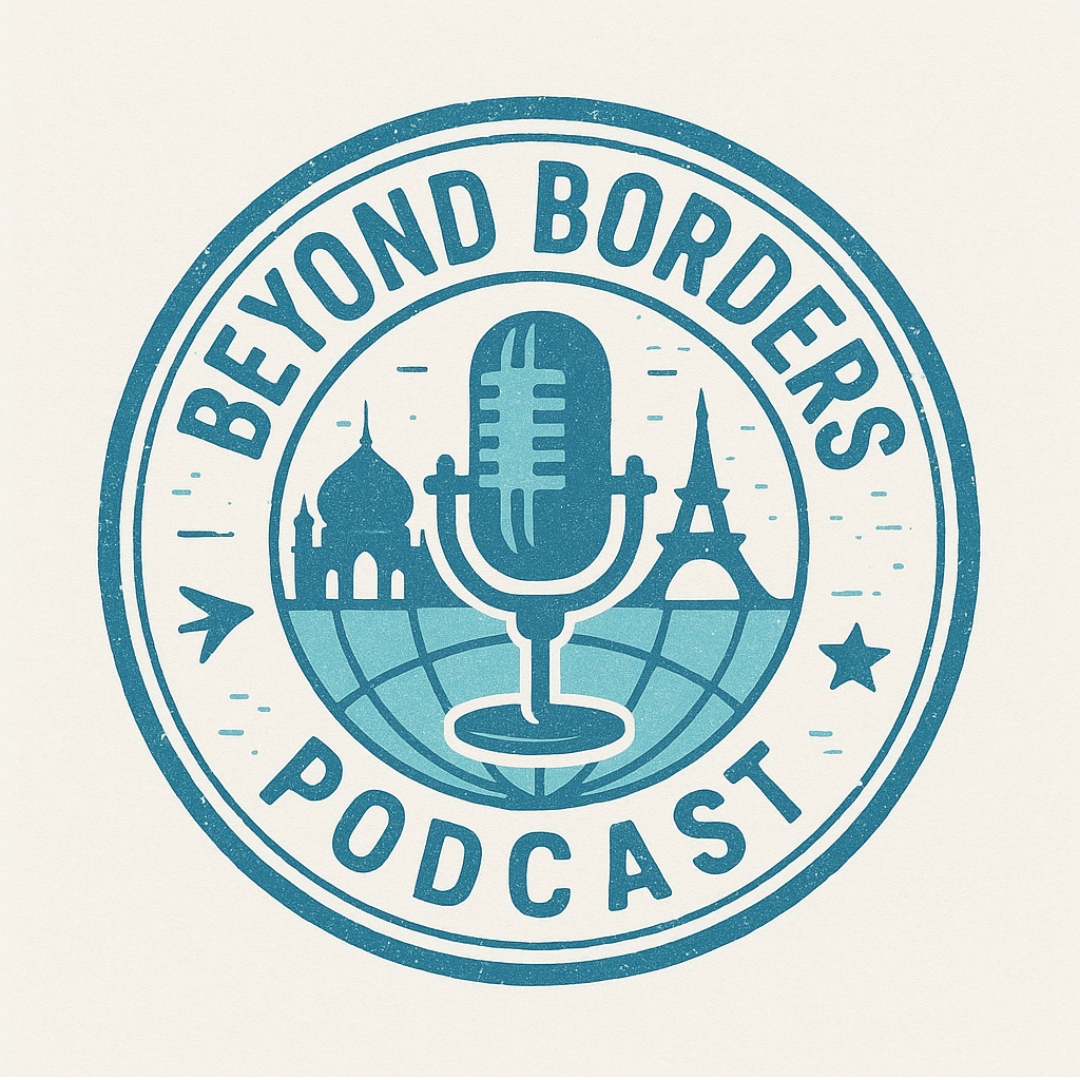
















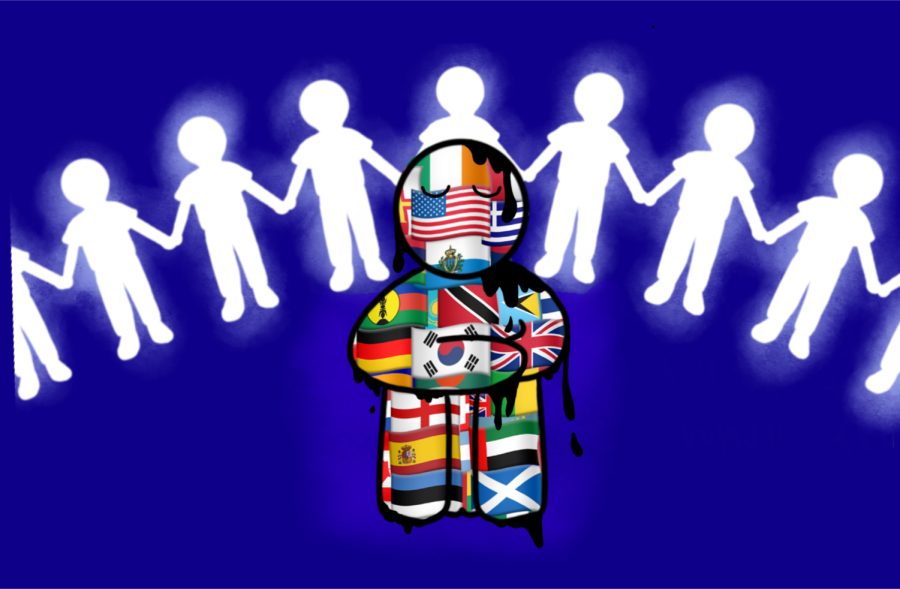




Betty • Mar 31, 2022 at 7:26 pm
Such meaningful insights!!! Thanks for sharing your experience.